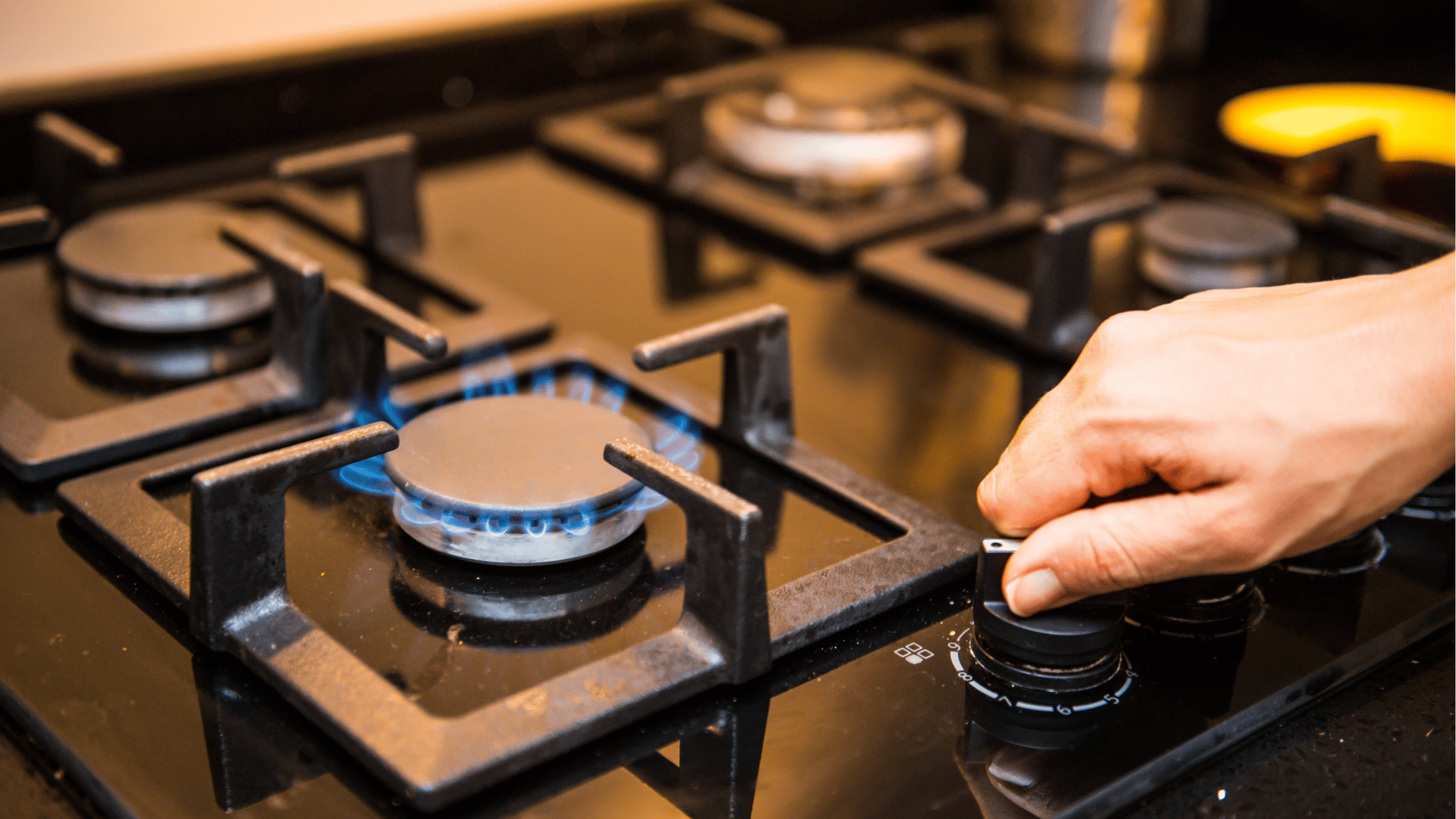There’s been a lot of talk lately about New York’s new rules on natural gas and other fossil fuels in homes. Understandably, many homeowners are worried — does this mean you’ll have to rip out your gas furnace or stop cooking on your gas stove?
The short answer is no.
These new rules, part of New York’s All-Electric Buildings Act, are aimed at new construction, not existing homes. If you already live in a home with natural gas, propane, or oil, you are not required to switch to electric.
Let’s break down the facts and clear up some of the biggest questions.
⸻
1. Do permits need to just be submitted by January 1, 2026, or do they have to be fully approved by then, too?
To be grandfathered in, a “substantially complete” building permit application must be filed with your local building department on or before December 31, 2025.
That means it’s not enough to have a rough draft or just start talking with a utility. Your application needs to be complete enough for your local code office to consider it valid. Full approval doesn’t have to be granted by that date, but the application itself must be in and substantially complete.
Tip: If you’re planning a new build and want natural gas, propane, or oil, don’t wait — get your permits submitted well before the deadline.
⸻
2. Does this apply only to natural gas, or does it affect propane and oil too?
The law doesn’t just target natural gas — it applies to all fossil fuel systems in covered new buildings. That includes:
•Natural gas
•Propane
•Heating oil
The goal of the law is to move future construction toward all-electric systems.
⸻
3. What if my home already has natural gas, but I’m not using it yet?
If your existing home already has gas service, you’re not losing that option. You will still be able to use, maintain, or replace your gas appliances.
The only time the new law could affect you is if you’re doing major new construction or adding an extension that requires a new building permit. In that case, the permit would need to fall under the new rules unless it was submitted before the 2026 deadline.
⸻
4. Does this law only apply to new builds?
Yes — primarily. The new law applies to new construction permits starting in 2026 for smaller residential buildings (like single-family homes or buildings under 7 stories) and in 2029 for larger buildings.
If you own an existing home, you’re not required to remove or replace your current gas, propane, or oil systems. You can continue to use them just as you always have.
⸻
Reassurance for Homeowners
We know change like this can feel overwhelming, especially when it comes to something as important as heating your home or cooking for your family. The good news is:
•Existing homeowners are safe. You do not need to remove your natural gas, propane, or oil systems.
•Grandfathering is built in. If your permits are filed before the deadline, you can still move forward with fossil-fuel systems in new builds.
•This is about new construction. The state is simply steering future building projects toward electric systems.
⸻
Final Takeaway
If you already live in a home with natural gas, propane, or oil, you can breathe easy — this law doesn’t require you to change a thing.
If you’re planning new construction or a major addition, make sure your building permit application is substantially complete and filed before December 31, 2025 if you want the option to include fossil-fuel systems.
As always, it’s best to confirm the details with your local building department and your utility provider so you know exactly where your project stands.



